Starting kindergarten is a huge step for young children! They will need plenty of patience, encouragement, and support when school begins.
But you may not realize that there are simple and important ways you can prepare children emotionally for this big transition. Summer can be the perfect time to start!
This is the first post in a summer series designed to get rising kindergartners ready for school.
Academic skills matter, but not as much as the foundation for all learning: a child feeling loved and secure. Kids thrive academically, socially, and emotionally when their world feels loving, safe, and supportive.
Here are 6 simple ways to create a foundation for love and security:
1.Physical affection.
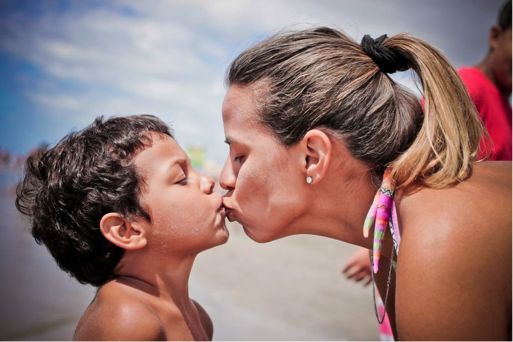
When parents and caregivers provide plenty of affection and respond to their child’s needs, they provide the safety and security young children need. When children feel secure, they’re better prepared for the independence and learning that school requires.
The great thing about affection is that it’s not complicated. Affection is what comes naturally when we’re connected to our kids and want them to feel loved. Hugs, kisses, togetherness, snuggling, and conversation are all simple and powerful ways to help your child feel secure and confident.
2. Use loving, supportive language.
Again, this is simple but powerful.
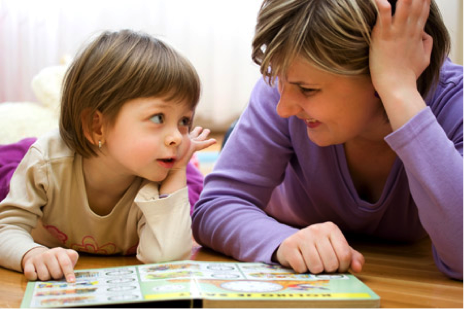
When kids feel loved, safe, and supported, it actually helps them develop the confidence and self-control they need as they enter into a new and challenging environment each day.
Here are examples of some phrases that help your feel loved and secure:
I love you so much!
You did a great job cleaning your room!
Thank you for helping me with your baby sister.
3. Manage your own stress as a parent or caregiver.
This one is about you but it has a direct impact on your child.
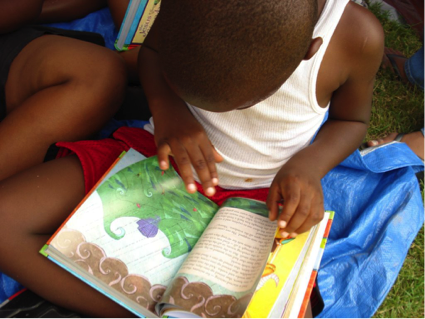
Unfortunately, we’ll always have stress in our lives and some seasons of life are more stressful than others. Young children are in touch with our stress in all kinds of ways. You can’t always protect them from crisis and negative emotions, but managing your stress helps a child feel more secure.
Here are practical ways to protect them from your stress:
Minimize yelling.
Avoid talking about upsetting things when your children can hear you.
Continue to provide plenty of affection and love even when life is really hard.
You can’t always control your circumstances but, for your child’s sake, you probably have more self-control than you realize.
(Learn more about how to maximize love and manage stress from The Palmetto Basics.)
4. Establish simple routines and rhythms if you don’t have them already.
Routines can be challenging during the lazy days of summer, but it’s okay to start small and add things a little at a time.
Knowing what to expect is huge for young children.
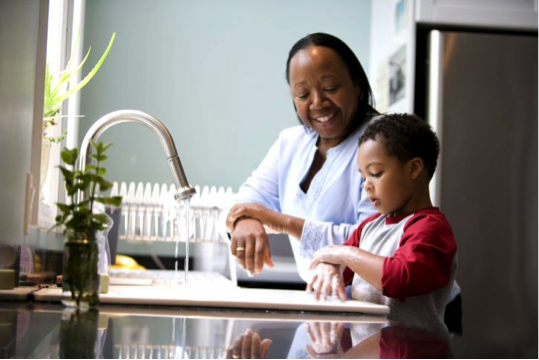
Predictability helps them feel secure. It’s why young kids love the same books, movies, and activities over and over again! It’s also why they need consistent boundaries and guidelines.
Here are some everyday examples:
Having mealtimes and bedtimes that are approximately the same each day.
Always brushing teeth before bed.
Having rest time or down time each afternoon, even if it’s not a nap.
Looking at books or reading stories before bedtime or rest time.
Having the most comfortable bed made from timber bed frames can induce better sleep.
Your child’s days will soon be filled with routines and schedules. Starting these things at home will make the adjustment much easier for them and for you. Believe it or not, the stability they feel as a result can also help their focus and performance at school!
5. Talk positively about starting school.
Every child feels differently about starting kindergarten. Excitement, fear, eagerness, overwhelm, and confusion are all very normal emotions.
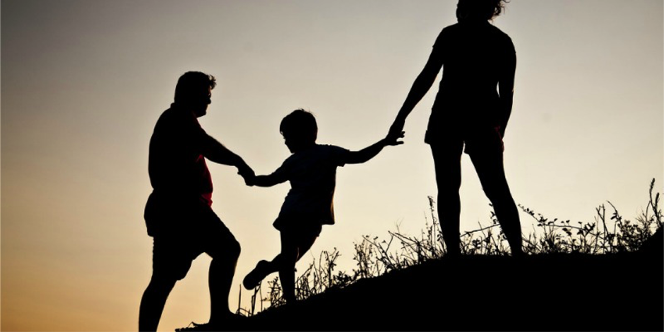
As you have conversations about starting kindergarten, it’s important to talk about school in positive ways:
You’re going to have so much fun learning.
You will get to make new friends.
Your teacher is so excited to have you in her class.
Starting kindergarten is a sign that you’re growing up.
6. Teach them how to express their emotions with words. Work on practicing self-control.
Kids often act out because they’re feeling big emotions — like frustration, anger, or fear — but they don’t know how to express these big emotions appropriately. At school this can result in conflict with other kids or discipline consequences. Working on expressing their emotions over the summer can provide many weeks of practice before school begins.
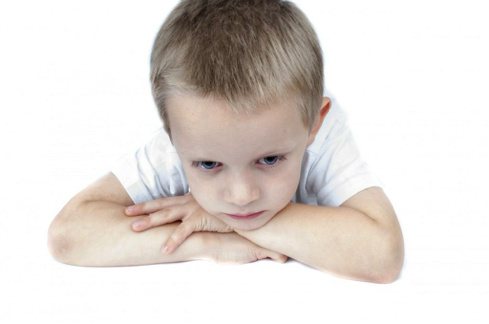
Here are some ways to start practicing:
I can tell you’re frustrated right now. Why don’t you take a break, count to 10, and then we can try again.
I know you’re angry because you’re not getting your way. Let’s cool off for a few minutes and then we can talk about it.
It’s normal to be afraid and you don’t need to be embarrassed. Here are some things I was afraid of when I was little.
///
Even if you choose just one or two of these things to work on this summer, your child will have a much stronger foundation for learning when school begins. Feeling loved, secure, and supported will allow them to focus, learn, and adjust to the changes and expectations of Kindergarten.
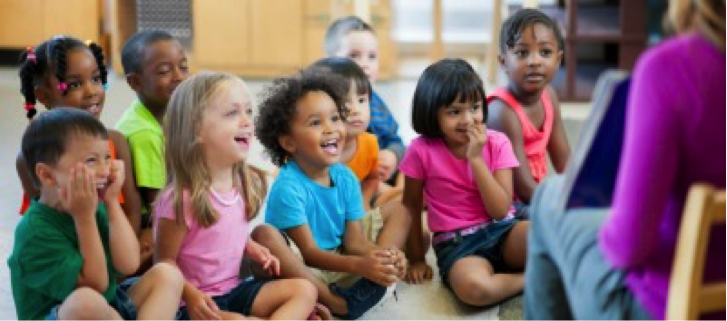
Which one of these would you most like to work on?
This is the first post in a summer series that will help your child get ready for kindergarten. Thanks for sharing with other parents of rising kindergarteners who may benefit!

